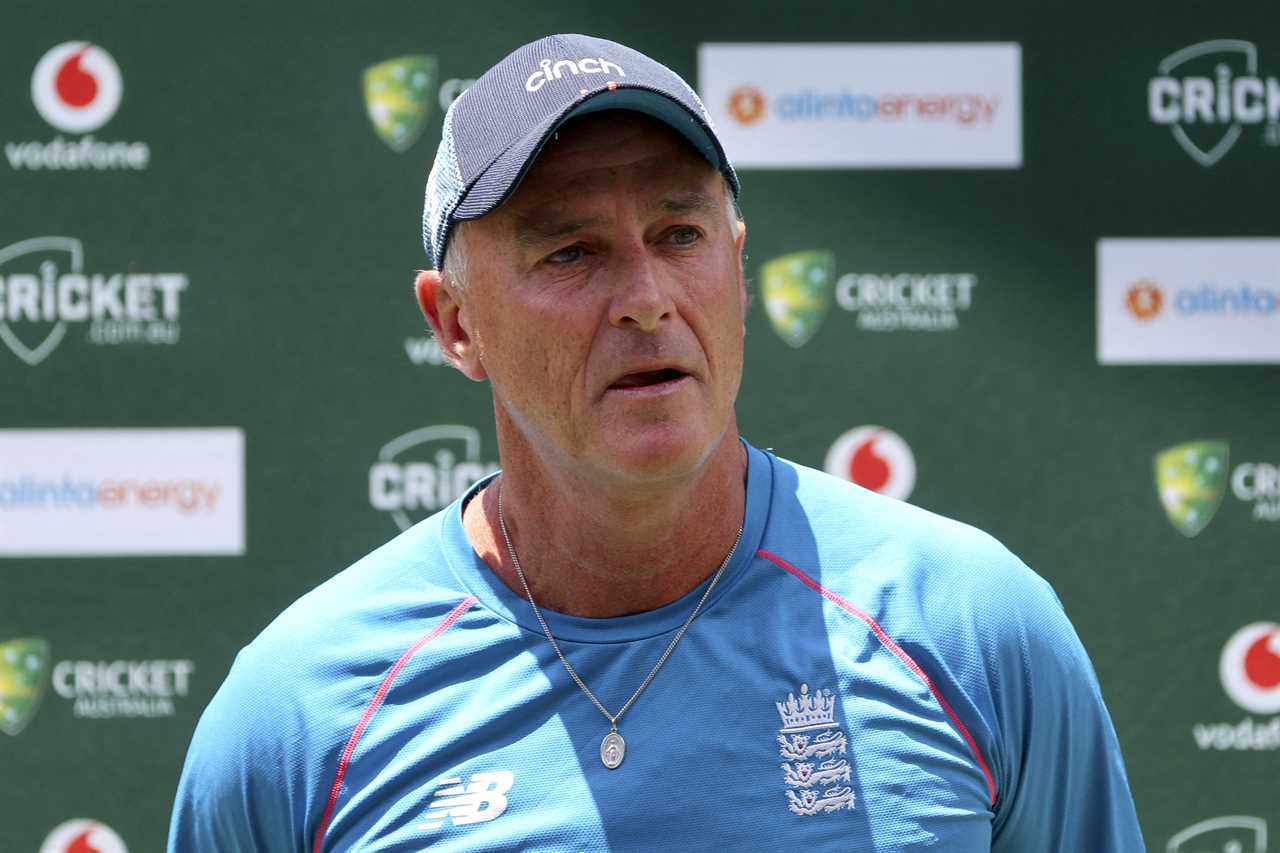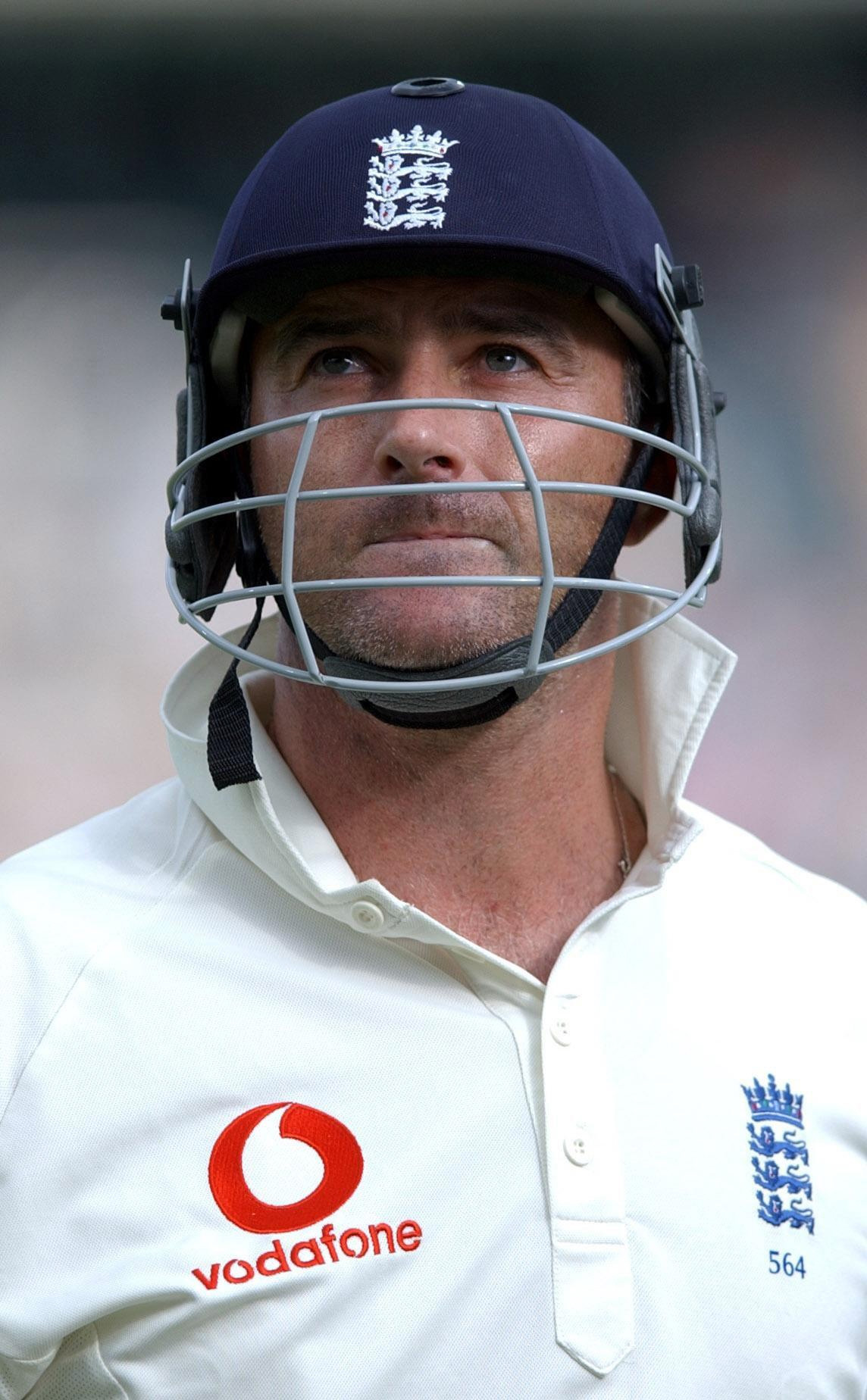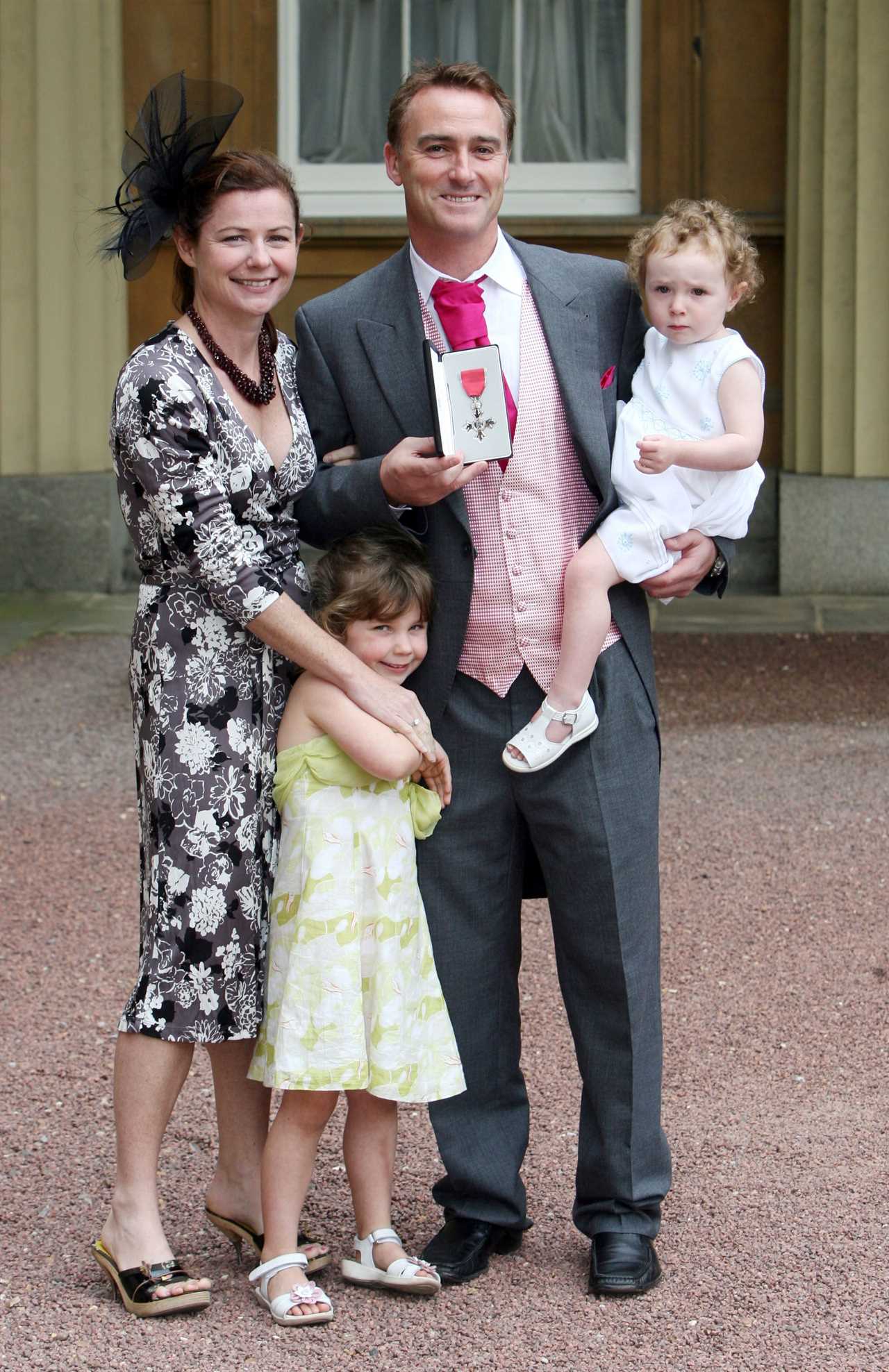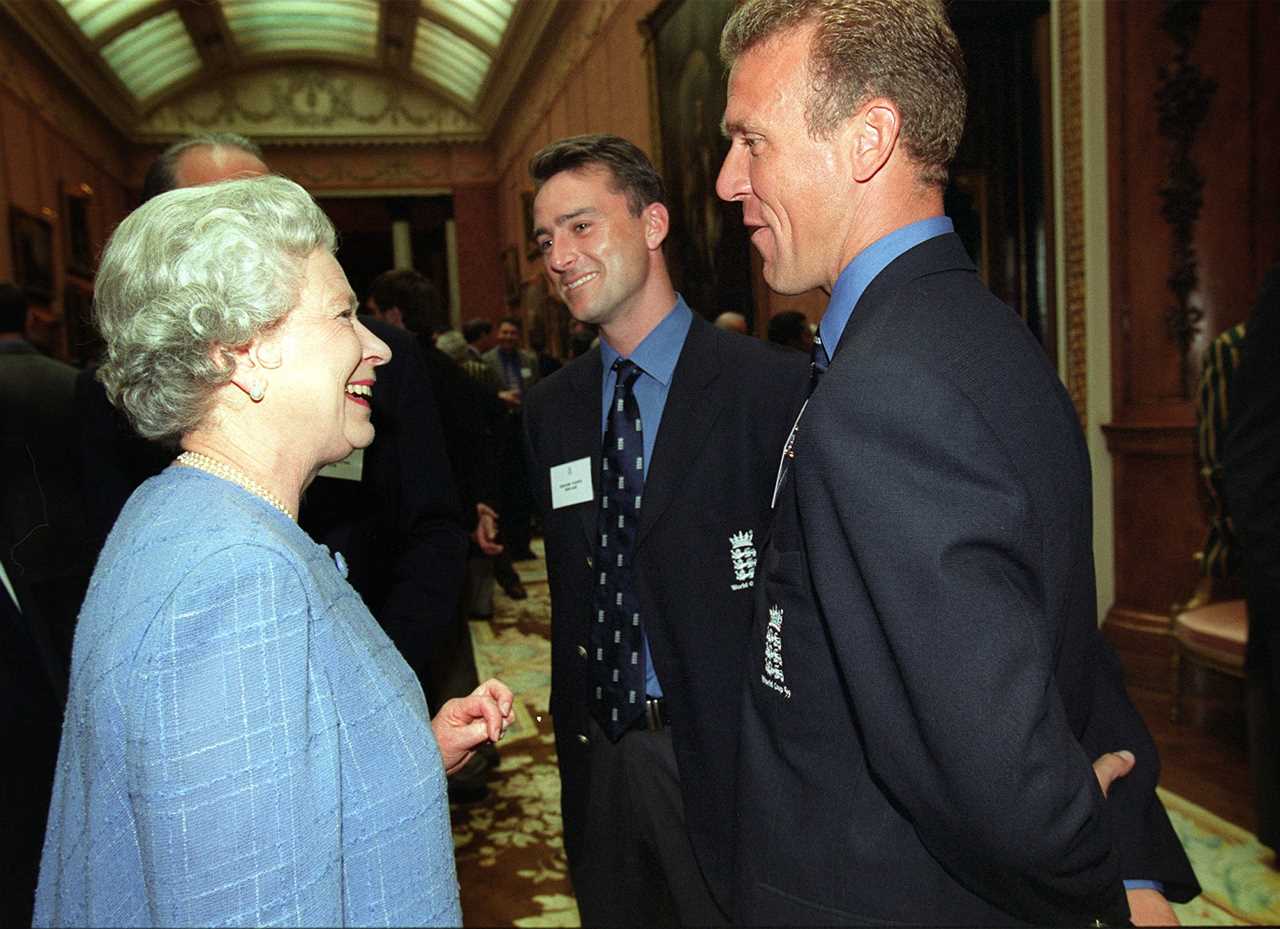GRAHAM Thorpe’s heartbroken wife has described how the legendary cricketer brought joy to everyone as he battled hard to beat his horrible depression.
Widow Amanda has said the England cricketer “loved life” and made sure it was “never dull” during their 17-year marriage.

The wife of cricketer Graham Thorpe has said he ‘loved life’ and was ‘never dull’

The legendary batsman tragically took his own life last August, following a long battle with depression and anxiety

Widow Amanda has also said how Graham tried ‘so hard to beat’ his depression
The beloved cricketer tragically took his own life last August, at the age of 55, following a long battle with depression.
Writing in The Times, Amanda recalled her husband’s passion for cricket, saying he would talk to almost anyone about it.
She also explained how Graham had “tried so hard to beat [depression]” by going through a number of therapies and medications.
The widow also praised the cricketer for being “kind and funny”, and remembered him doing incredible accents in after-dinner speeches, joking that he could have been a stand-up comic.
Amanda explained it was hard for her to see both the Graham that was enjoying his life and the Graham that tragically took his own life after two and a half years of anxiety and depression.
She said she had never seen her husband act out of the ordinary, but added that Covid restrictions took a toll on his mental health.
Graham lost his coaching job after England were beaten in the 2021-22 Ashes series in Australia.
Despite being appointed as coach of the Afghanistan men’s team, Amanda says his “anxiety and depression escalated to a point where he became very unwell“.
Amanda believes that something may have been chemically imbalanced with Graham’s brain, adding that he felt “immense shame” about how he was.
But the widow says there should be no stigma around the suffering that Graham went through.
She said: “It felt like he was in the grip of a sickness he just couldn’t get out of.”
The widow is currently trying to raise awareness and to increase understanding of the mental health condition.
Graham made his international debut in 1993 and scored a century on his first Ashes appearance, becoming the first England player to do so in 20 years.
He went on to become an England regular, playing 100 tests.
Graham also scored 16 centuries and featured 82 times for the ODI side, and had a 17-year career with Surrey.
His final Test appearance came in June 2005 before he was omitted from that summer’s victorious Ashes series and called time on his international career.
The following year he was made an MBE and worked as an analyst for the BBC and Sky Sports and as an assistant coach in Sydney for New South Wales.
Graham was described as a “wonderful person” by Stuart Broad and as a “hero, mentor, and so much more” by Joe Root, following his death.
Ex-England captain Michael Vaughan described him as a great player and brilliant team mate on X at the time of his death, adding: “You have gone far too young but you leave as an England cricket legend.”
Graham’s outstanding talent saw him score 6,744 runs in 100 Tests, an average of 44, while his cheeky personality, which sometimes got him into trouble, made him a favourite with fans.

Thorpe (centre) meeting Queen Elizabeth II at Buckingham Palace in 1999
 Cricket NewsTips and TricksPrivacy PolicyTerms And Conditions
Cricket NewsTips and TricksPrivacy PolicyTerms And Conditions
